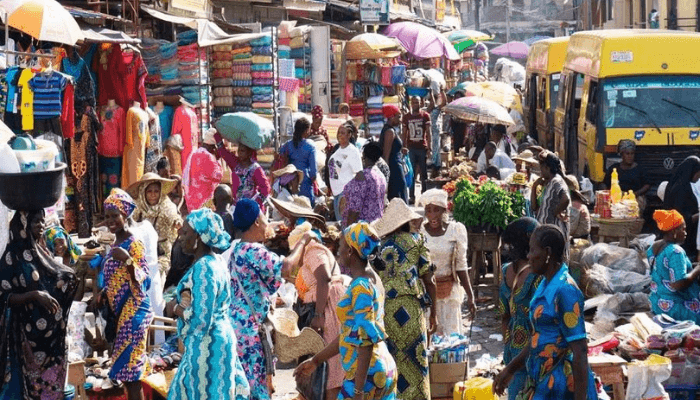
Nigeria’s private sector growth decelerated in May 2025 as rising operating costs and falling business confidence weighed on performance, according to the latest Stanbic IBTC Purchasing Managers’ Index (PMI) report compiled by S&P Global.
The PMI dropped to 52.7, down from 54.2 in April, signalling the slowest improvement in business conditions since January, though still indicating marginal growth above the 50.0 threshold.
Firms reported difficulty managing rising wage bills, voluntary staff exits, and delayed customer payments, leading to the first decline in employment in six months and a sharp increase in work backlogs.
Despite growth in new orders and output, activity expanded at a reduced pace, while inflationary pressures—driven by higher raw material prices, transport costs, and currency weakness—continued to squeeze businesses.
“Purchase costs remain high, but some firms are absorbing them to stay competitive,” said Muyiwa Oni, Head of Equity Research at Stanbic IBTC.
Confidence among businesses fell for the fourth consecutive month, hitting one of its lowest levels on record.
Still, most firms expect better conditions in the next 12 months, citing planned expansions and marketing efforts.
Stanbic IBTC projects 3.5% GDP growth in 2025, slightly up from 3.4% in 2024, supported by expected interest rate cuts and easing inflation.
The PMI is based on responses from 400 firms across agriculture, manufacturing, construction, wholesale, retail, and services.
